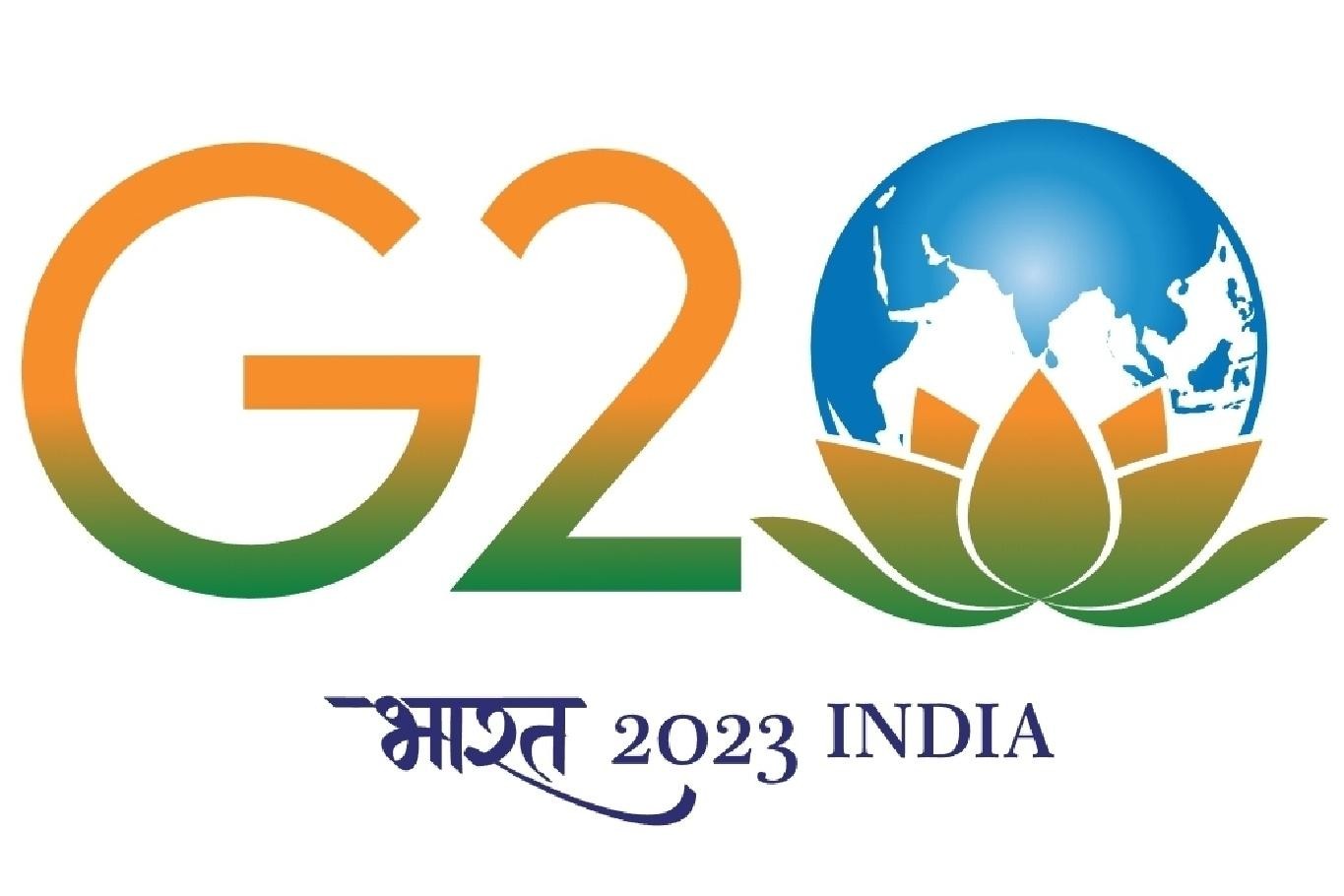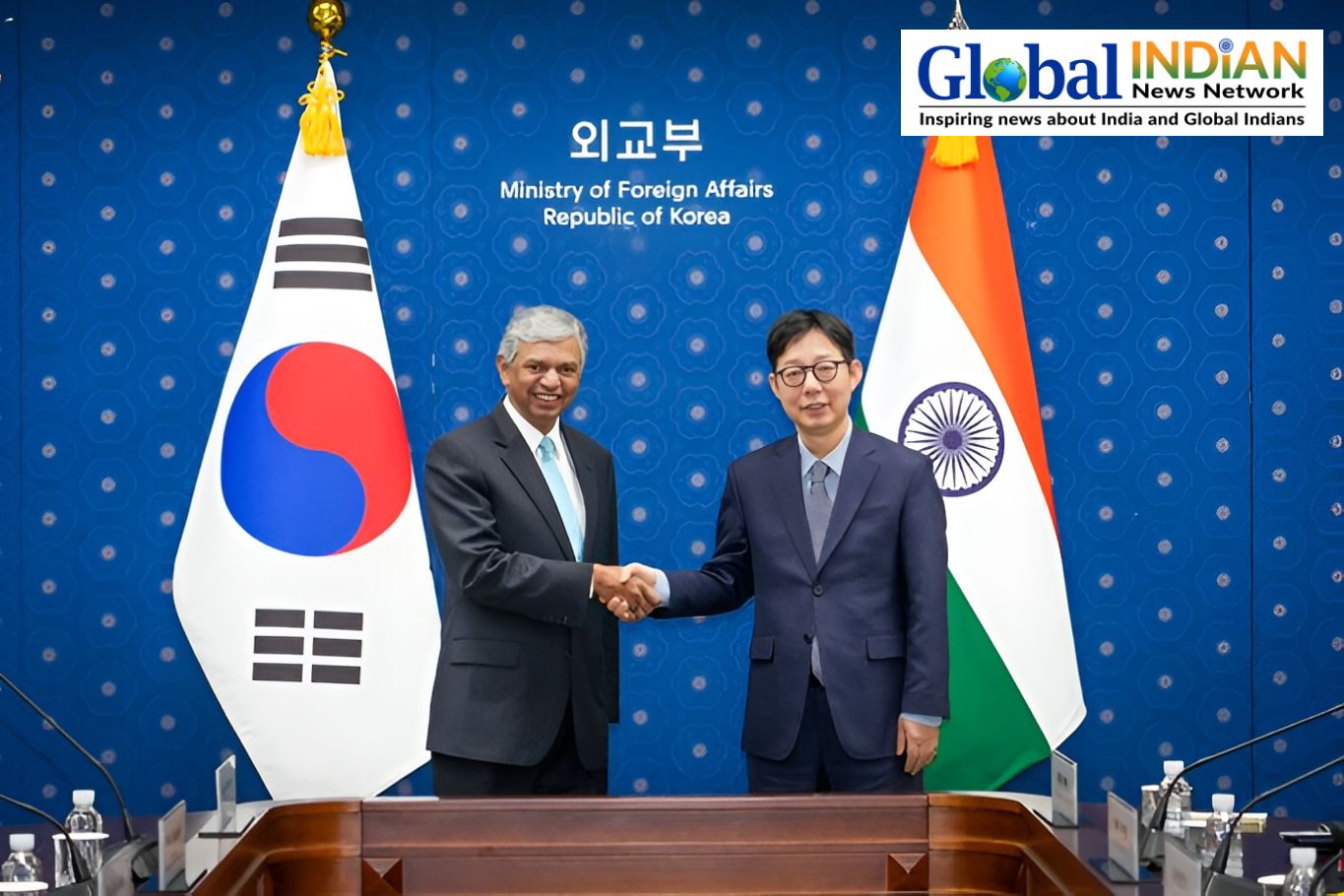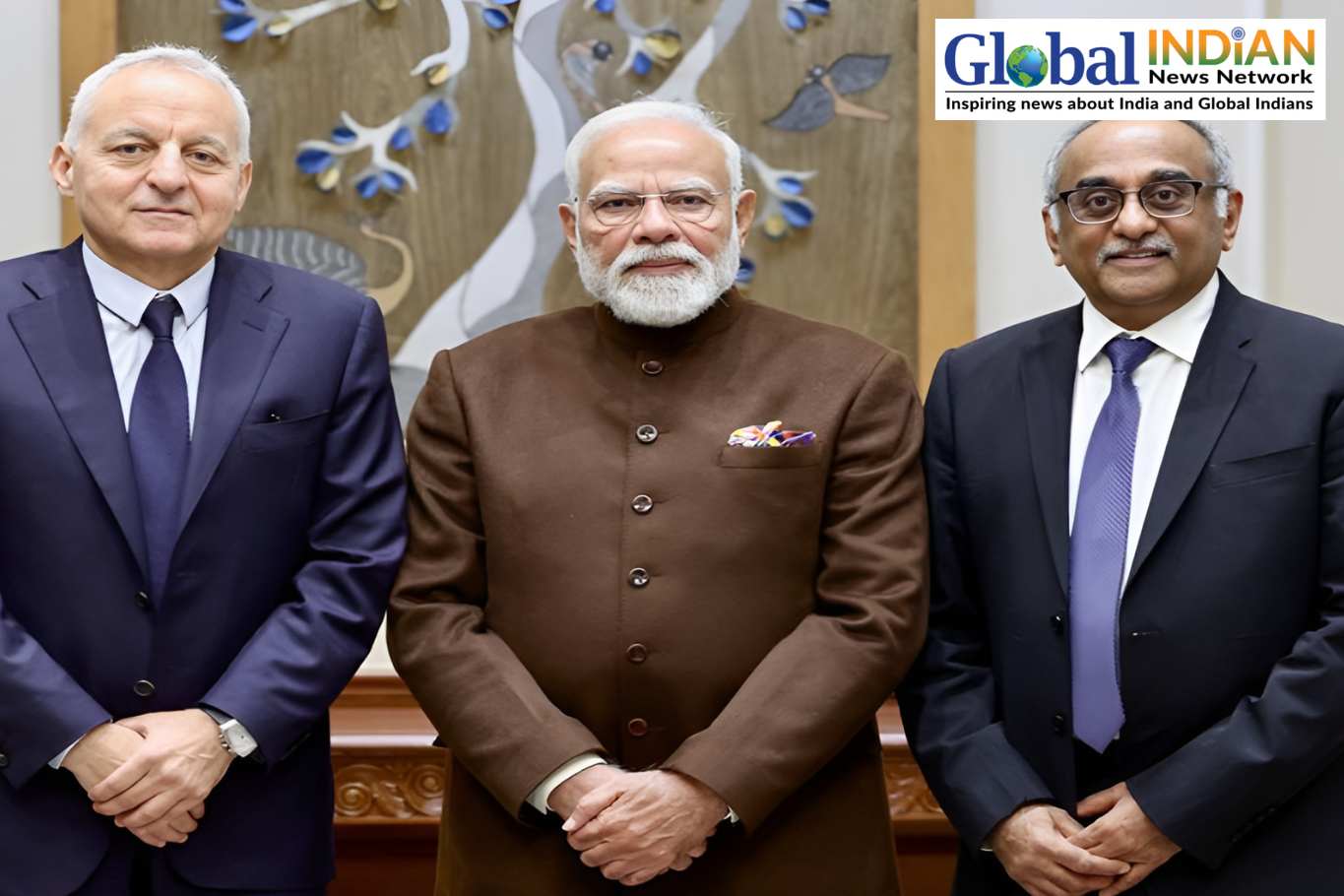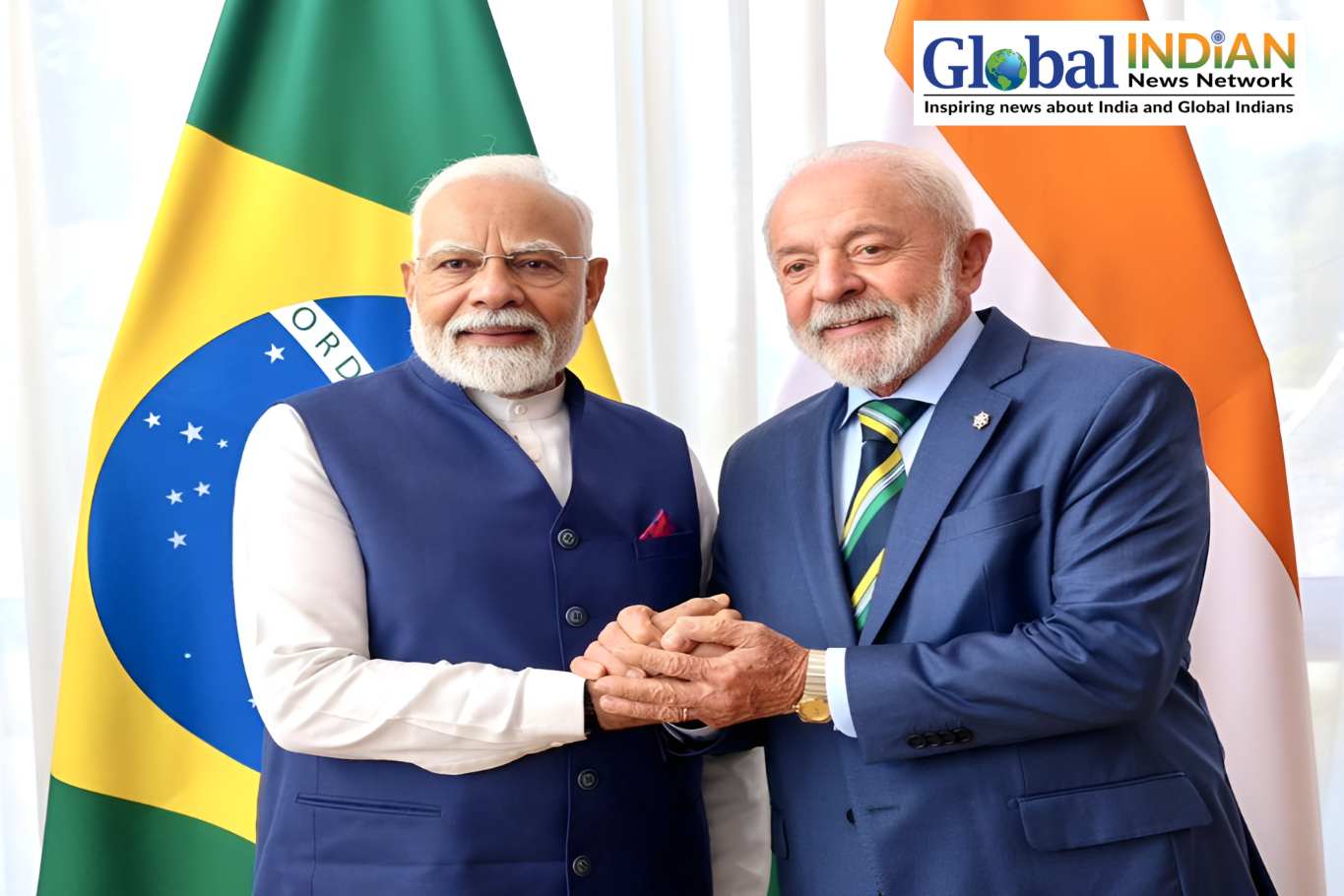
India champions global adoption of Digital Public Infrastructure (DPI) to spur inclusive, sustainable growth, per G20 Task Force. Titled ‘Report of India’s G20 Task Force on Digital Public Infrastructure,’ the study recognizes India’s leadership in DPI and advocates for international dialogues to promote its adoption worldwide, thereby accelerating socio-economic progress.
The report highlights India’s remarkable strides enabled by DPI, noting that the country has surpassed conventional stages of development, achieving what typically takes five decades in under ten years. Leading the task force were co-chairs Amitabh Kant, India’s G20 Sherpa, and Infosys co-founder Nandan Nilekani.
Amitabh Kant emphasized India’s advancements in digital payments, stating, “Today in India, UPI is used across all sectors, from street vendors to large shopping centers, with the highest global share of digital transactions, accounting for nearly 46%.” He expressed confidence that the report would serve as a guiding beacon for global digital transformation.
The report further reveals that UPI penetration among lower-income households in India stands at approximately 56%. It underscores India’s extensive digital infrastructure achievements, including issuing over 1.389 billion Aadhaar enrollments and facilitating more than 10 million daily e-KYC transactions. The country has also provided access to bank accounts for over 500 million individuals, with a significant portion being women (55%) and residing in rural areas (66%).
Furthermore, the report cites data showing that in April 2024 alone, India processed over 13 billion UPI transactions valued at $230 billion (over INR 19 lakh crore). According to the National Payments Corporation of India (NPCI), transaction volumes surged by 36% to INR 20.07 lakh crore in June compared to the previous year.
The Aadhaar rollout has notably reduced the gap in account ownership between the wealthiest 60% and the poorest 14% from 2011 to just 1% by 2021. This achievement has also led to substantial fiscal savings estimated at INR 2 trillion through Direct Benefit Transfer (DBT) schemes, as detailed in the report.









